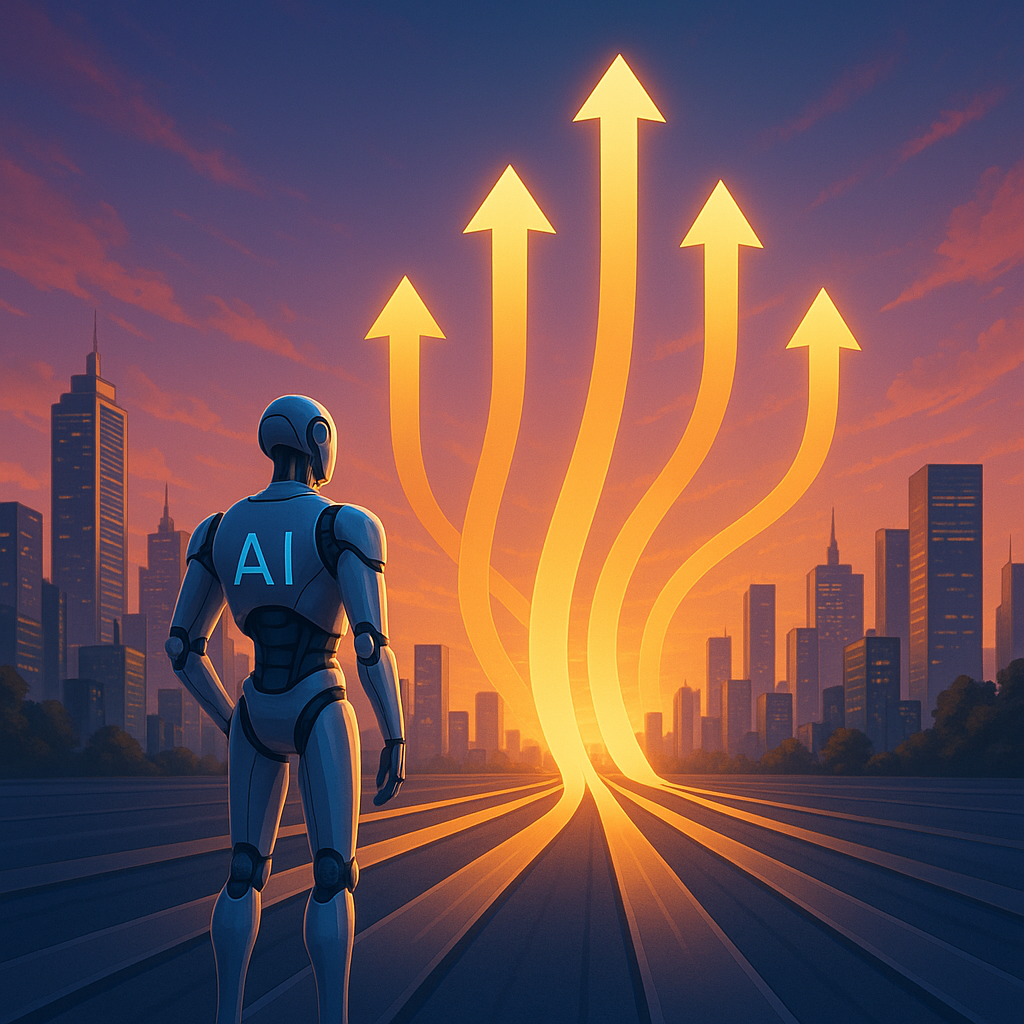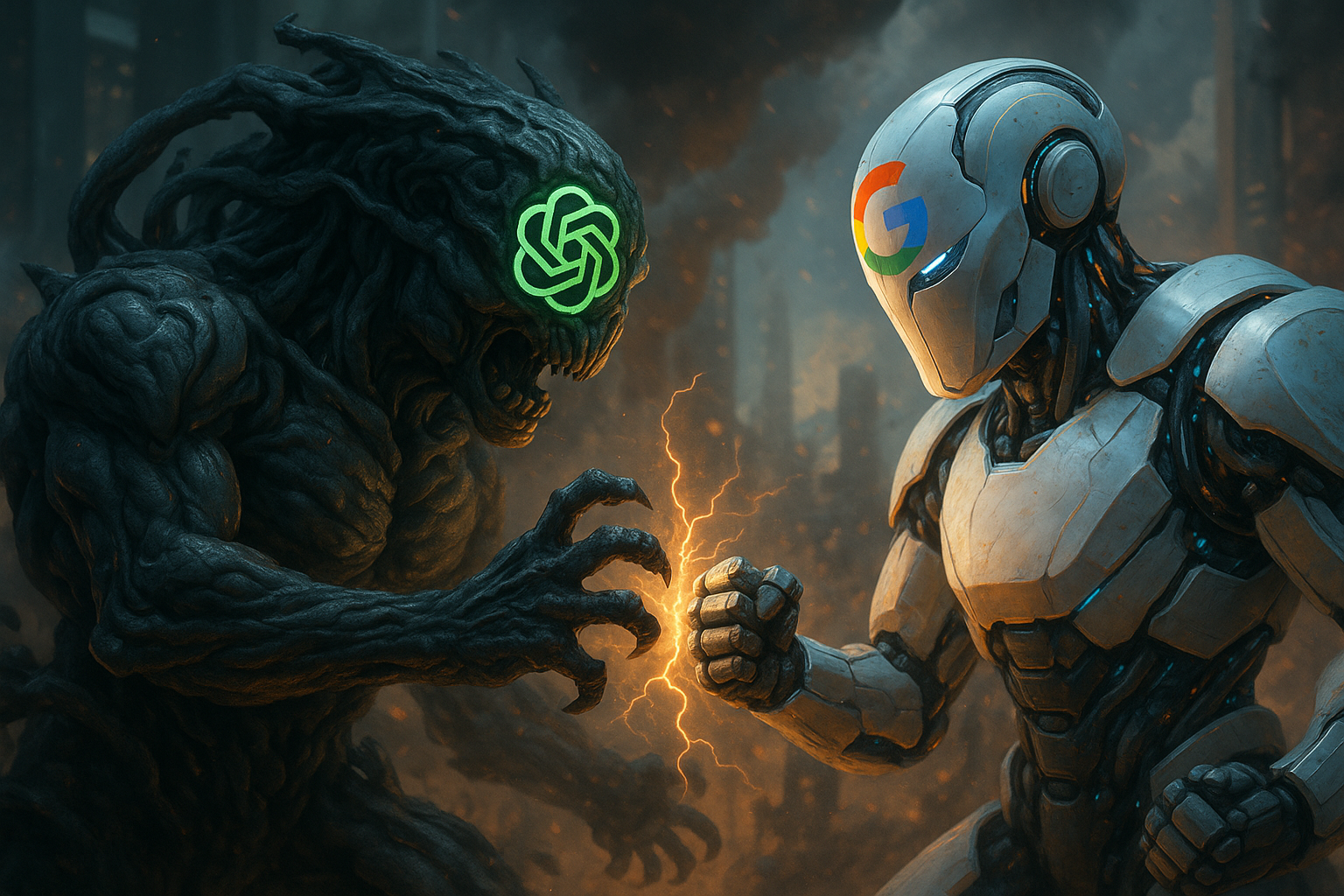
Artificial intelligence (AI) is no longer a sci-fi trope; it's a fundamental part of our modern world, weaving itself into every aspect of our lives. From Netflix recommendations to medical diagnostics, its impact is undeniable. Yet, humanity is split into two camps: one sees AI as a panacea for all our problems, while the other views it as an existential threat. So, what is it: our greatest ally or our future usurper?
The Optimists' Camp: An Era of Unprecedented Efficiency and Opportunity
Proponents of AI are convinced we are on the brink of a technological revolution that will dwarf the industrial one. Their arguments are compelling:
-
Productivity Unleashed: AI can take over routine, monotonous, and dangerous tasks, freeing human intellect for creativity, strategy, and innovation.
-
Scientific Breakthroughs: By analyzing vast datasets beyond human comprehension, AI is already helping to discover new medicines, model climate change, and make discoveries in fundamental physics.
-
Enhanced Quality of Life: Personalized medicine, smart cities, and accessible education for all are just a fraction of what a well-aligned AI can offer.
The Skeptics' Corner: Opening Pandora's Box
In contrast, critics urge extreme caution, warning that unchecked AI development could lead to irreversible consequences. Their main concerns are:
-
The Specter of Mass Unemployment: Automation threatens not just blue-collar jobs but also white-collar professions—lawyers, analysts, journalists—potentially causing social collapse.
-
Ethical Dilemmas and Ingrained Bias: AI learns from human-generated data, inheriting and amplifying our worst prejudices (racial, gender). The decisions of these "black boxes," whose logic even their creators don't fully understand, are terrifying.
-
Loss of Control and Misuse: Autonomous weapons, total digital surveillance, and a manipulation of public opinion through deepfakes are very real security threats.
The Battleground: AI in Business, Marketing, and SMM
Nowhere is this clash of ideas more apparent than in the business world. Here, the potential benefits and risks of AI are in plain sight.
In these fields, AI can be incredibly useful. It is capable of:
-
Automating Routine: Handling customer inquiries 24/7 with intelligent chatbots.
-
Market Analysis: Predicting trends and customer behavior by processing gigabytes of data.
-
Personalized Communication: Creating targeted marketing campaigns that hit the mark, boosting their effectiveness.
However, potential threats loom large. Misusing AI could lead to "job losses through automation, as well as data privacy violations through information analysis. Security issues are also possible, as AI could be used for malicious purposes."
Finding the Balance: The Role of Responsible Platforms
So, what should a business do if it wants to leverage the benefits of AI while mitigating the risks? The answer lies in a responsible approach. It's not just about implementing technology but also about considering its consequences.
"It is crucial to develop ethical standards and control mechanisms for the development and use of AI." This means choosing tools that offer not only power but also manageability and security.
This is where specialized platforms that enable businesses to use AI safely and effectively come in. A prime example is Clipsy.io, which can provide integrated solutions for business and marketing, using artificial intelligence to optimize processes and increase efficiency. Such a platform helps companies harness the potential of AI for their benefit, minimizing risks and ensuring effective management.
Conclusion: A Tool in Our Hands
Artificial intelligence is neither good nor evil. It is the most powerful tool humanity has ever created. And like any tool—from a stone axe to atomic energy—it can be used for good or for ill.
The key is to strike a balance between harnessing AI's potential and controlling its development. The future depends not on the technology itself, but on the wisdom, ethics, and foresight of the decisions we make today. Whether AI becomes our greatest ally is entirely up to us.
Related Articles
 Подробнее
Подробнее
 Подробнее
Подробнее
 Подробнее
Подробнее